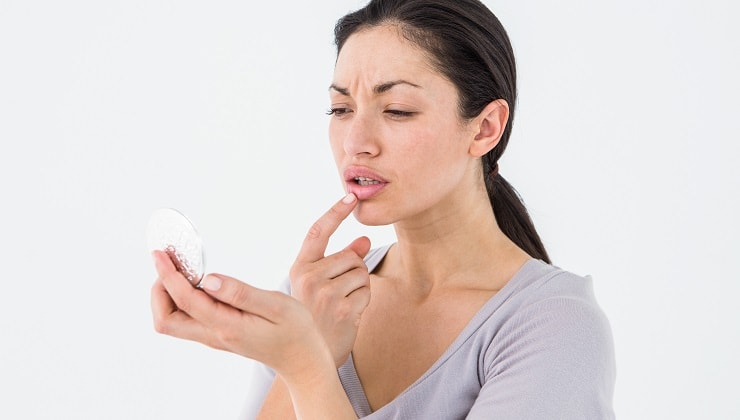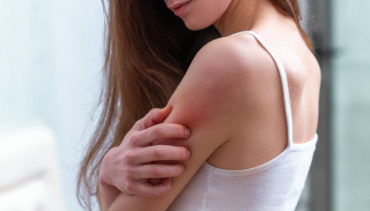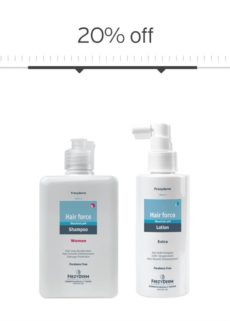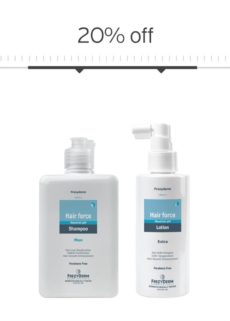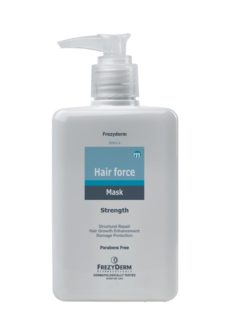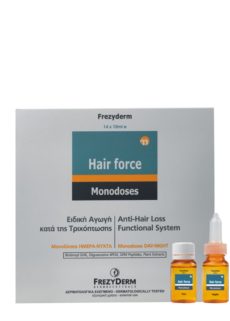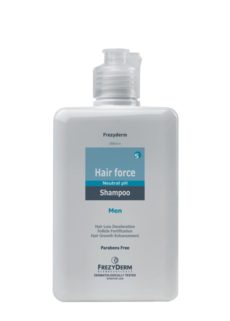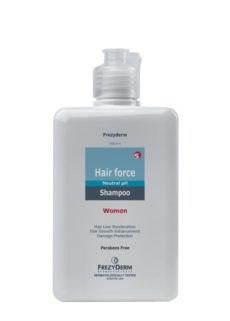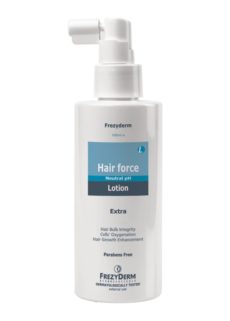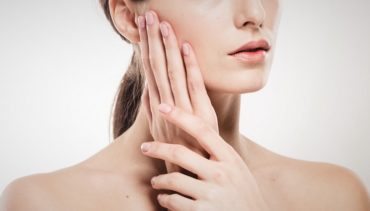
Seasonal Hair Shedding: How to cope
The summer sunny days are well over.
The cloudy sky, rainy days, chilly weather and our orphan hair, are all doing a fine job to remind us.
No one likes their home decorated with strands of hair; especially their own.
One could argue that it’s a bit poetic to lose hair the same time trees shed their leaves…
However, we find there’s nothing poetic about losing hair …
Seasonal hair shredding is an annual thing, or to be more precise, bi-annual, as there’s a second wave- a bit less intense though- in Spring.
Why it happens you wonder?
It seems that seasonal shedding has to do with the physiology of the hair and the renewal of body cells.
Human hair has a growing rate between 2 to 6 years. Right now, 90% of the hair on your head is growing, whereas the rest of it, is at a resting state. The later are also known as telogen hairs;
They stay on the scalp for 2 to 6 months, until they fall out.
A study of more than 800 women, showed that the maximum proportion of telogen hairs took place during the summer. Which makes total sense to lose this hair when Fall comes…
Understanding that this phenomenon is completely natural and expected, can take some of the stress off your shoulders, which is good, as stress is a potential hair loss trigger.
There are some things you can still do to minimize the effect of nature:
Diet
Although science has not concluded whether there is a direct causation between vitamins and minerals and the minimizing hair loss, there seems to be a potential one between zinc and aid in reversal of hair loss.
Apart from your diet, hair products enriched with zinc and iron will also help stimulate new hair growth.
However, calorie and protein malnutrition do seem to contribute to hair loss.
Conditioning
During shedding days, hair not only does it fall off, but also it seems to be dry and brittle, tending to break very easily.
Using a conditioner, that is specially designed for damaged hair will increase hair elasticity and softness, reducing breakage.
Products that promote hair growth
During fall and Spring months, using products that not only reinforce hair growth, but also strengthen hair follicles will help manage the loss.
Reduce styling
It’s a well-known fact that straighteners and curling irons cause a considerable damage to hair.
For your post-summer hair, which is already brittle and prone to breakage, it could be too much.
Try overnight braids for a natural wavy look or apply a good conditioning leave-on cream to avoid fizzy hair.
Also, if ponytail is your go-to hairstyle, avoid -like the plague- elastic hair bands and opt for thick, fabric-coated ones.
Health issues
If you find hair loss, to be occurring more often than twice a year, we recommend that you consult a doctor.
Health issues such as thyroid problems or polycystic ovaries have been found to affect hair loss.
Also, stress, being overweight or even some contraceptives (because of the hormones) may be linked with potential hair loss.



